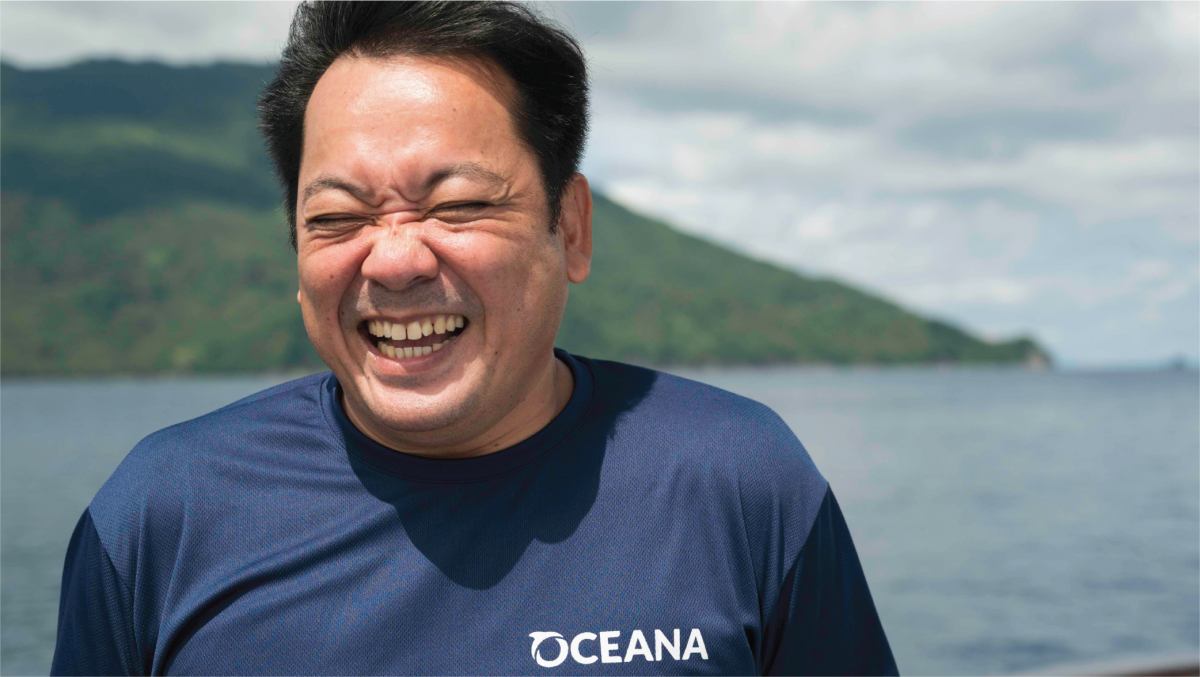October 29, 2020
Scientist Spotlight: Dr. Vic Ticzon
Dive deep into the minds and hearts of our scientists on board MV Discovery Palawan. For our second issue, we are featuring the Expedition Team’s coral reef specialist, Dr. Vic Ticzon.
Dr. Victor S. Ticzon
BS Biology, University of the Philippines – Los Baños
MS Environmental Science, University of the Philippines – Los Baños
PhD Marine Science, University of the Philippines – Diliman
What made you decide to be a marine scientist?
I have logged more than two thousand hours underwater, mostly here at our own seas – the “center of the center of marine biodiversity. I am very fortunate to see how beautiful our coral reefs are. I am also very fortunate that in the course of my training as a marine biologist, I have crossed paths with people that inspire me with their dedication, selflessness, humility, and kindness. These things sustained me to push harder in my studies and pursue a career in the academe.
What’s the best part of being a marine scientist?
The best part of my job is that I get to see firsthand the state of our coral reefs. There is always that thrill of being surprised by what you might see underwater. Sometimes the reefscape will take your breath away and sometimes, it will break your heart. To be honest, most of what I saw underwater was alarming and worrying at times. In a span of 20 years, I saw the decline in health of most of the coral reefs we monitored. This is what pushed me to further my knowledge on coral reef ecology. I want to contribute to our understanding of coral reef dynamics and how we can sustain them for future generations. Like my mentors, I want to share what I know to my students (and to all those who will listen) and maybe inspire some to become future marine scientists and conservationists.
What advice can you give to aspiring scientists?
Let’s face it. Our current problems cannot be solved in my lifetime. A lot of work needs to be done and we need future marine biologists to continue the work. Teaching is one of the avenues where I can reach out to our younger generations and share the plight of our oceans and the rich ecosystems that sustain it. I sincerely believe that we need to inspire and train more critical thinkers and problem solvers to boost Philippine science. We already have these promising young minds in our midst. We only need to spark their imaginations and sustain their interest by providing a strong research environment, and of course, a reason to believe that they will make a difference for the Filipino people and the global community as well. When we have successfully created this enabling environment, we can attract more students to pursue research. However, until we do, my advice to aspiring researchers is to remain steadfast in their pursuit of new information.

